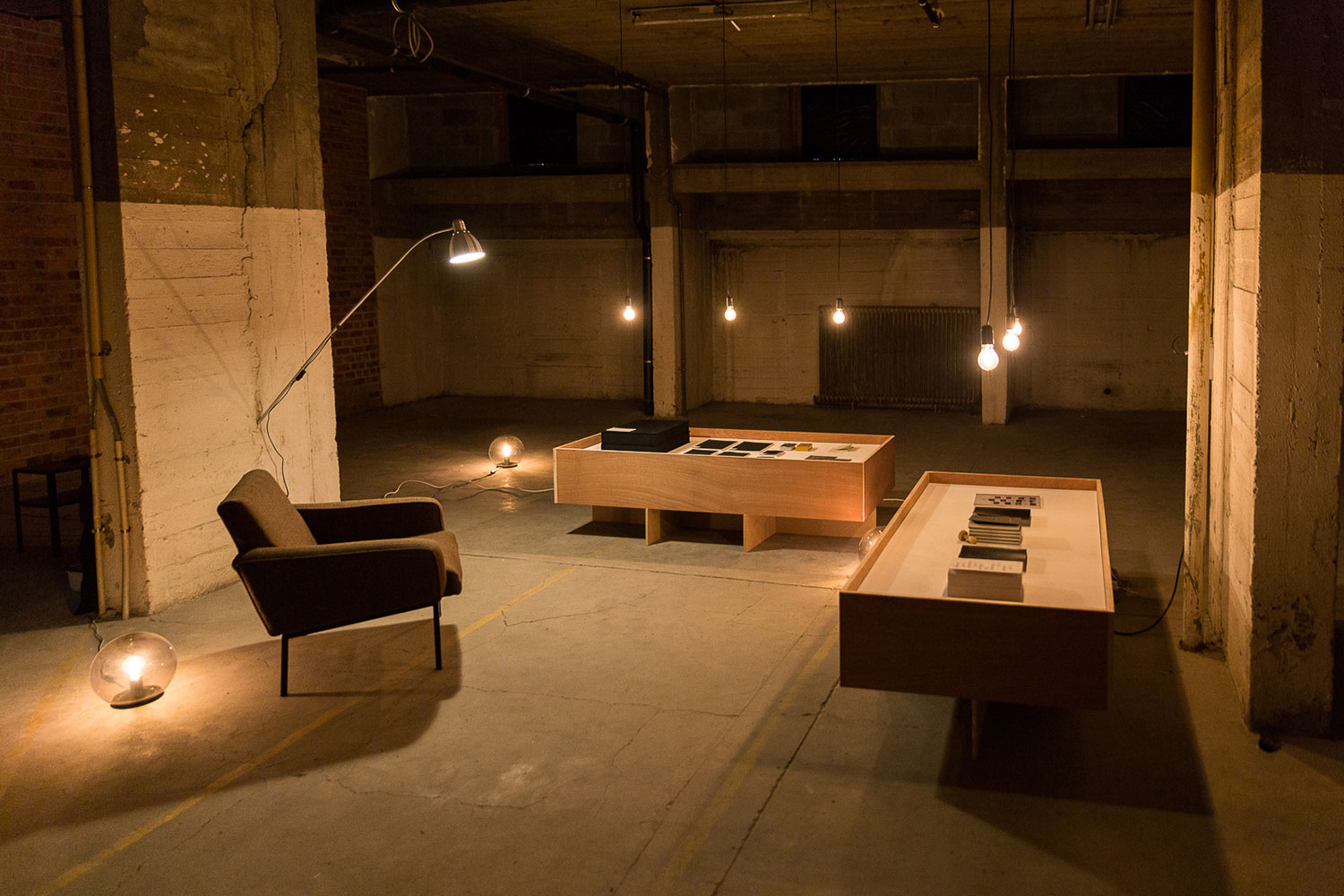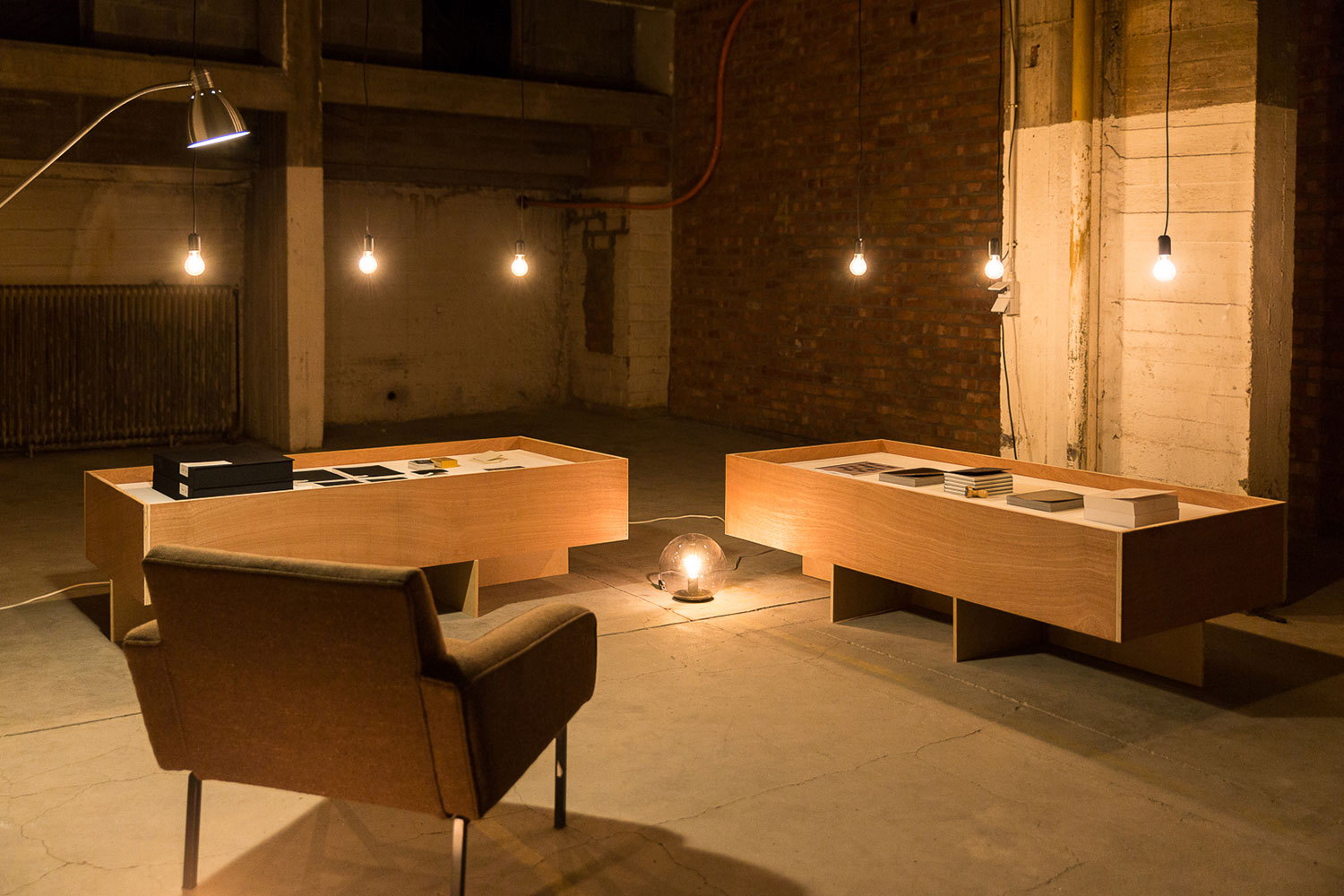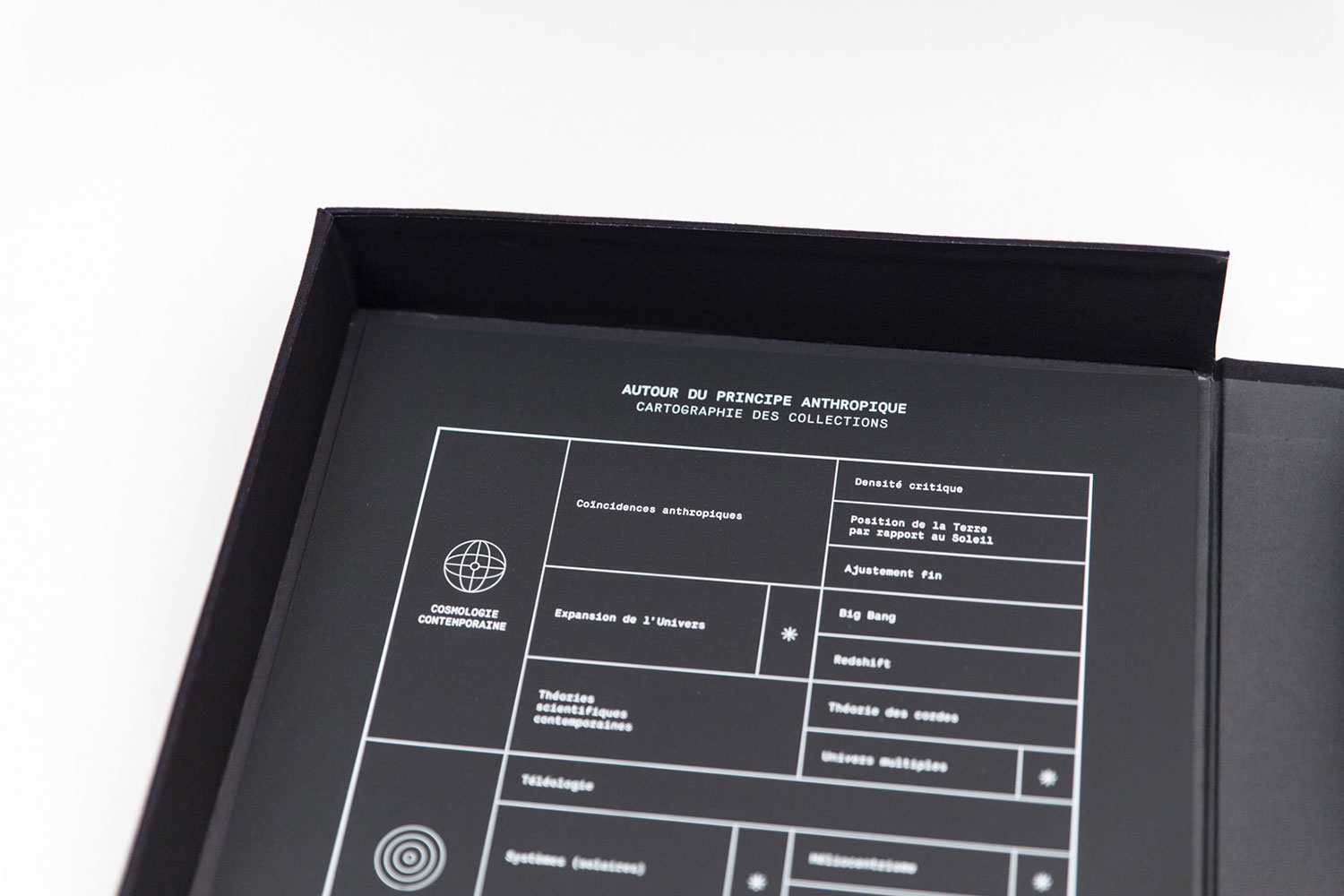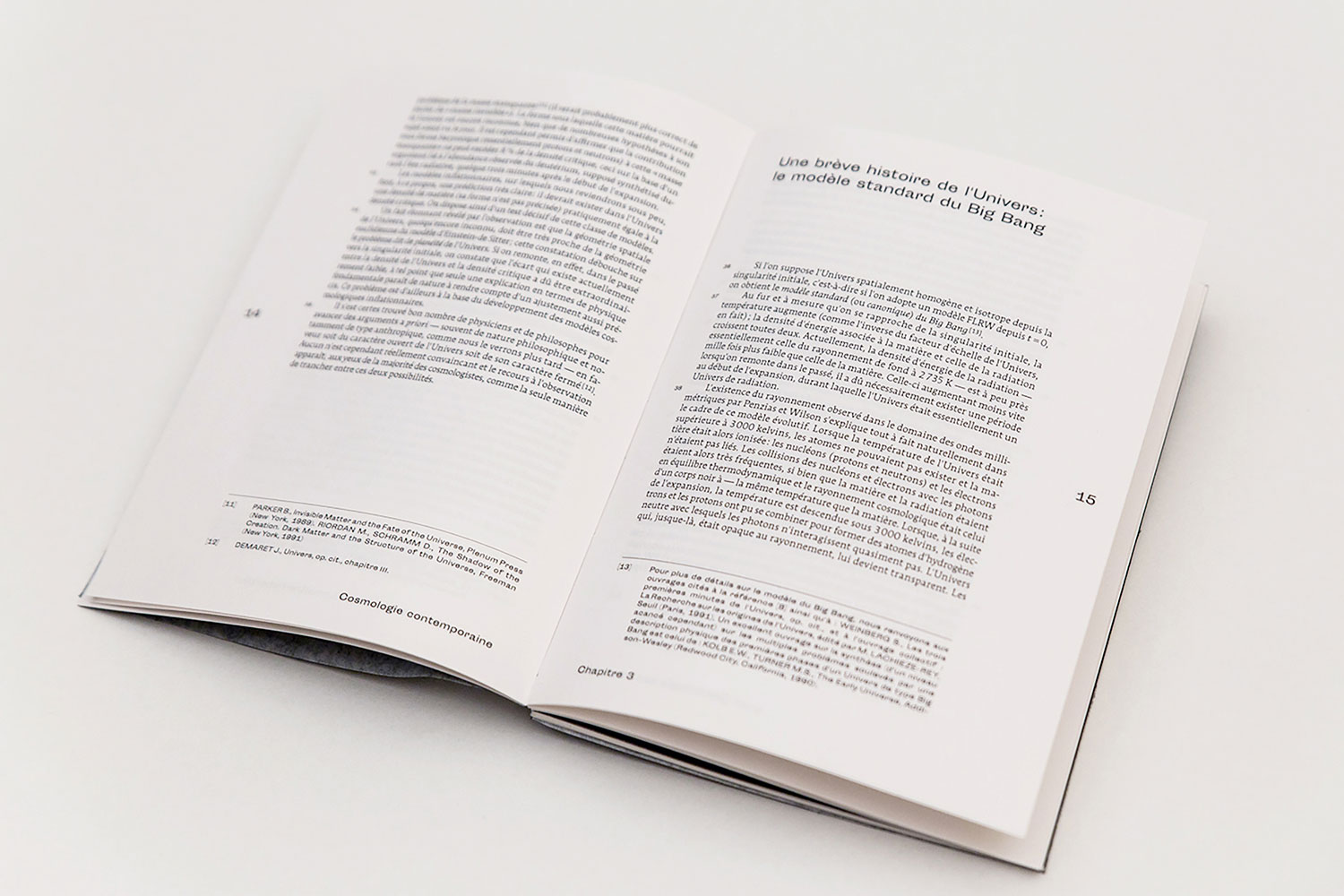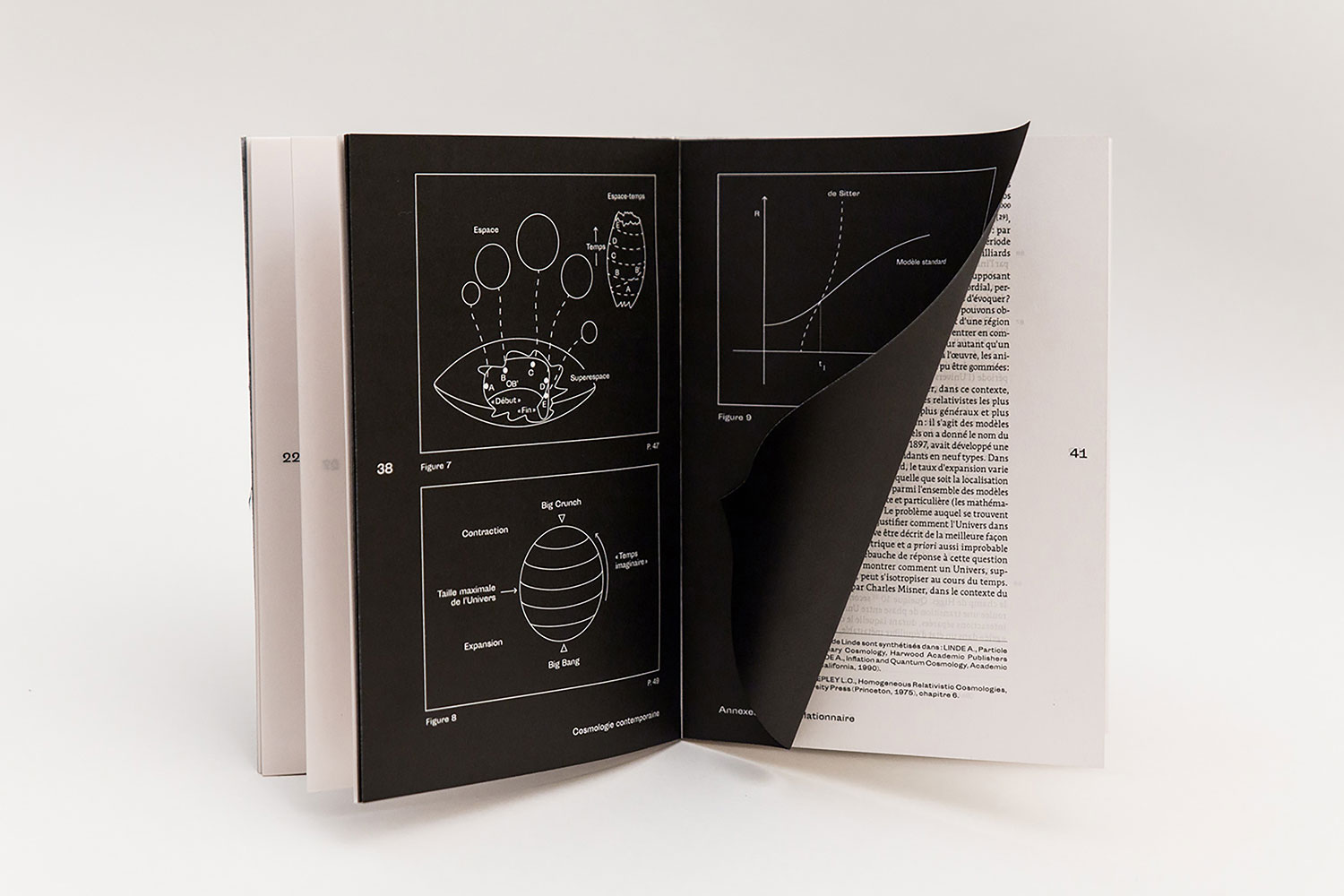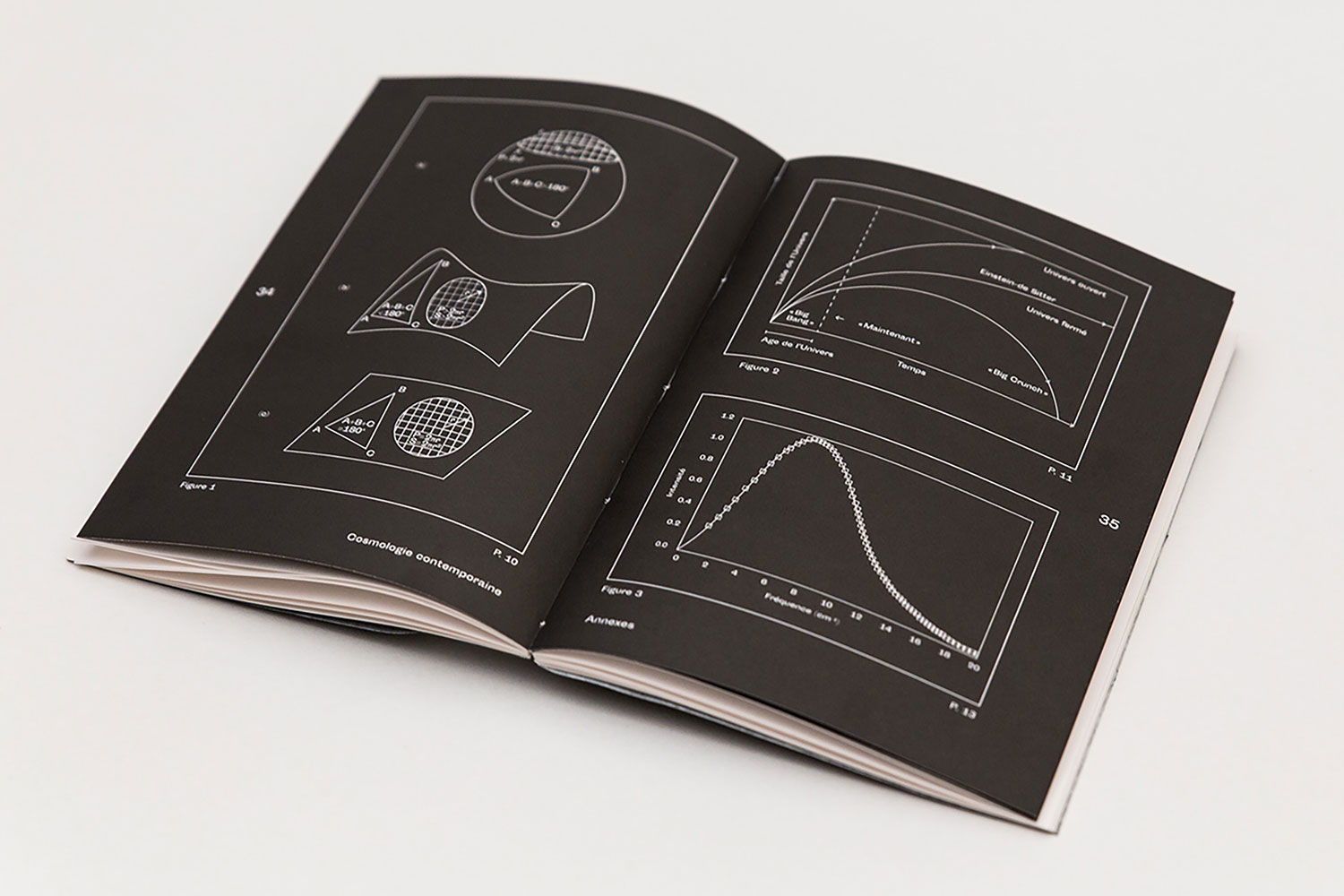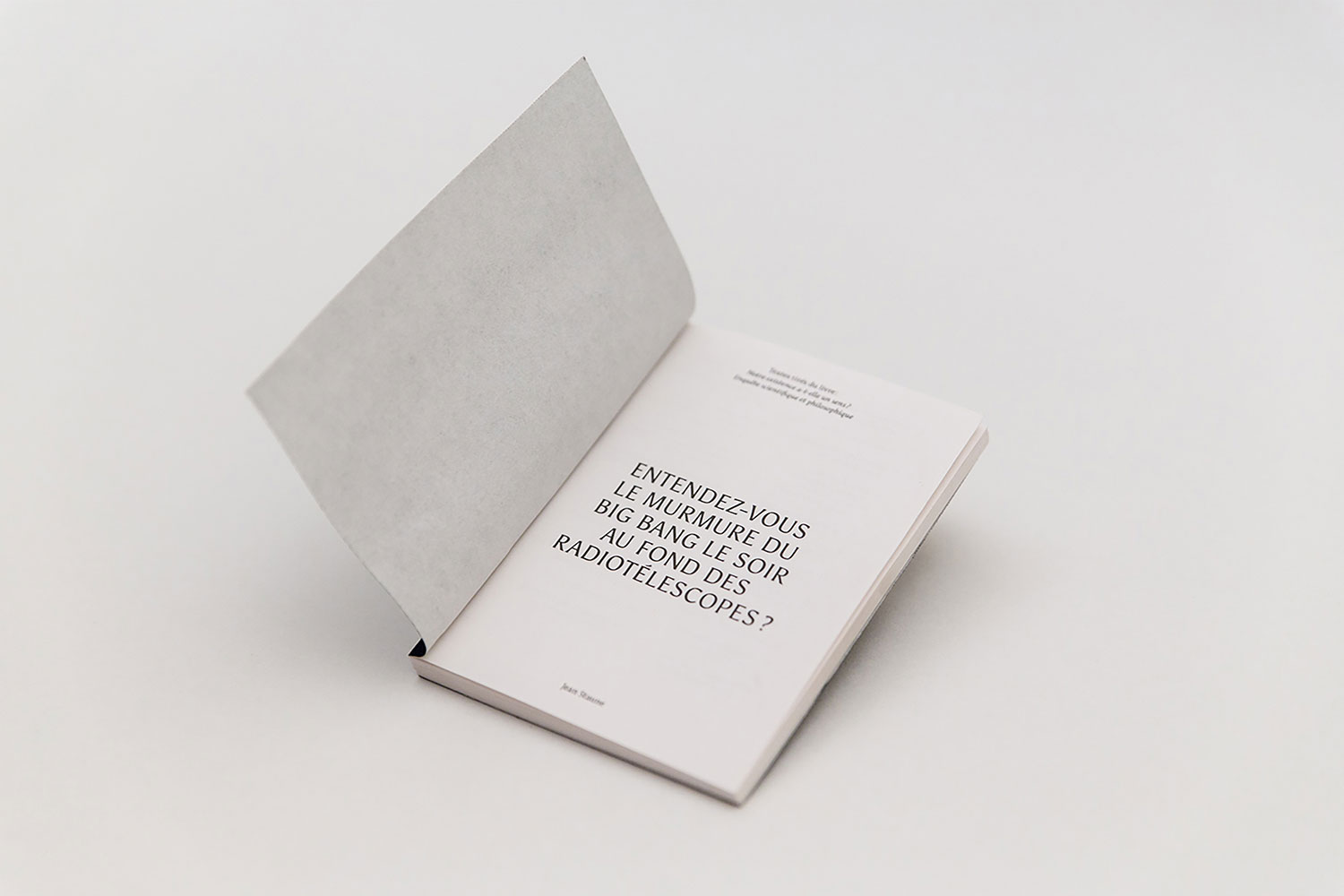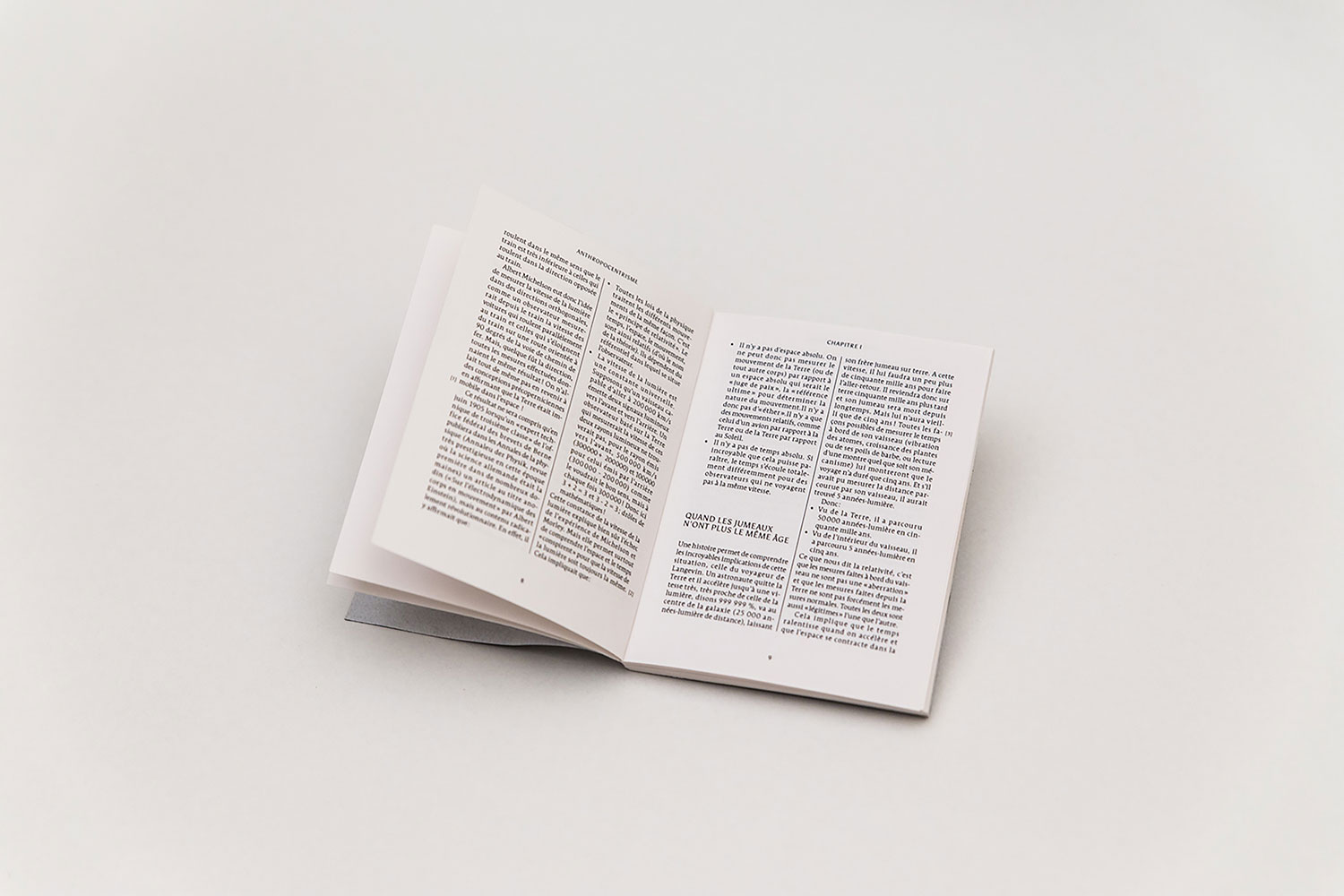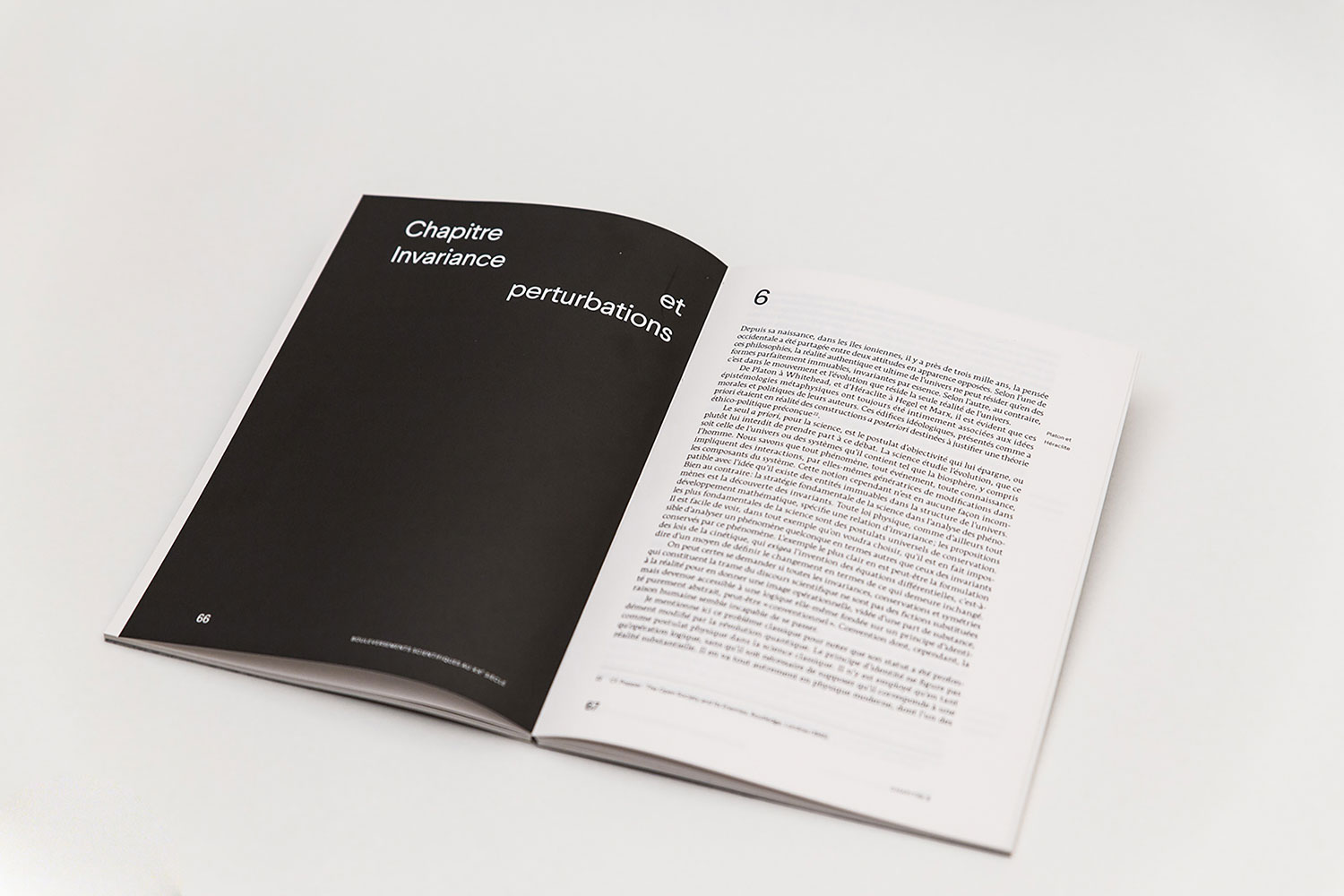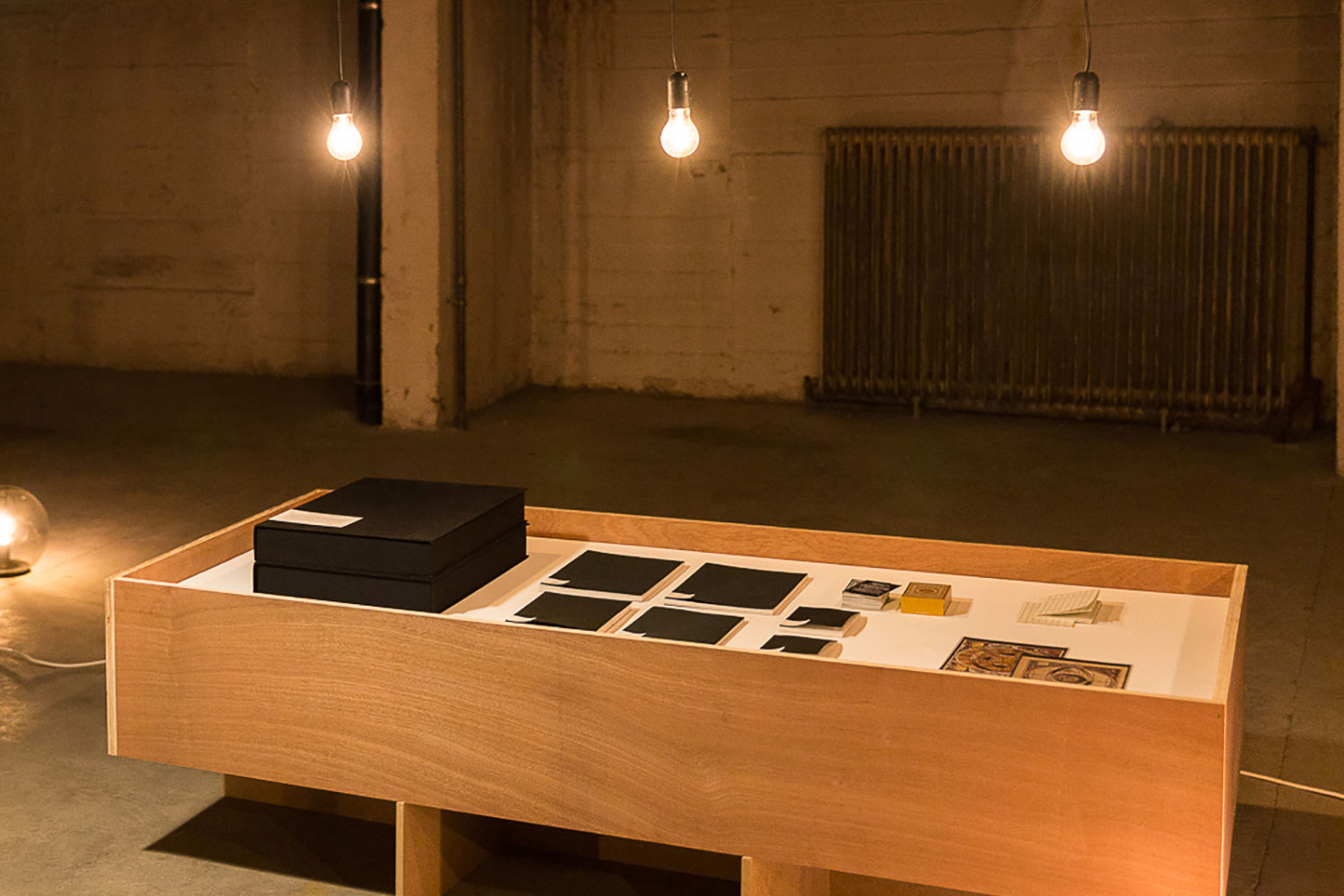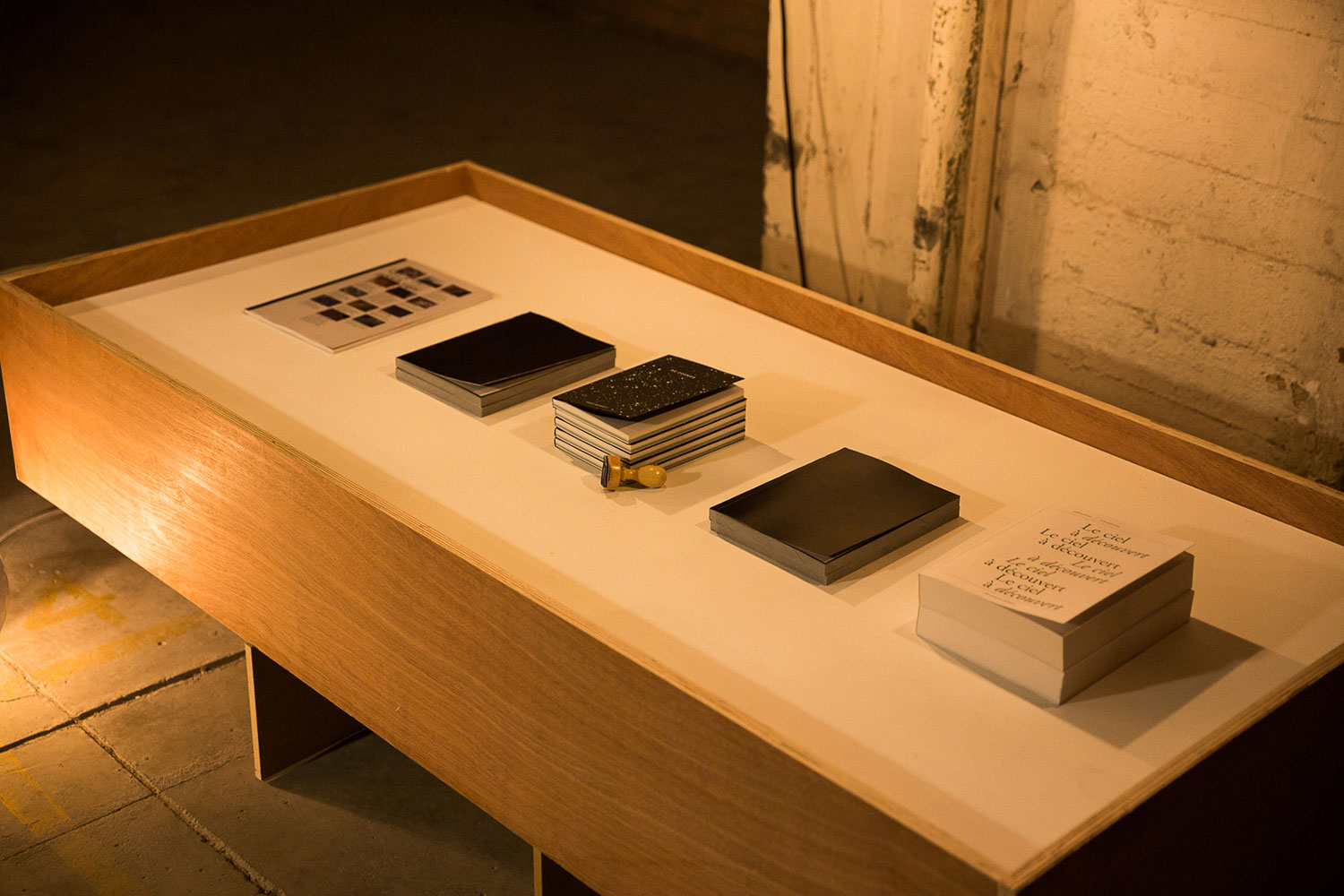Editorial
2018
Around Anthropic Principle
Publishing House in a Box
One reading of the anthropic principle suggests that the entire universe is dependent on a fine tuning of its fundamental parameters, which allow for life, and by that very fact, observers. If one can observe the universe, it is due to this precision, and because the observer is a part of the universe.
The idea that elements of the universe, including those present in its earliest moments, and those resulting in life, could be purely down to chance, has been disturbing the scientific community since it was first considered by Brandon Carter in 1974.
The contents of this box are intended to provide the reader with the tools to articulate, on the basis of scientific reasoning, their opinion on the issues and questions raised by the anthropic principle. The themes develop according to the reader's choices and build a narrative in which science, philosophy and theology are explored.
The texts are divided into three collections; anthropocentrism, contemporary cosmology and the scientific upheavals of the 20th century. Through these three axes, the reader is given acess to the context that allowed he theory of the anthropic principle to be developed, without them being directly addressed.
The books have no hierarchy, and therefore can be read in any order, and approached in several ways, however the reader wishes. The collection's content tends towards ideological neutrality, with any pieces that are dependent on personal reflections marked with a numbered banner.
The books have no informative function and can exist independently of the box, their integration is purely optional.


